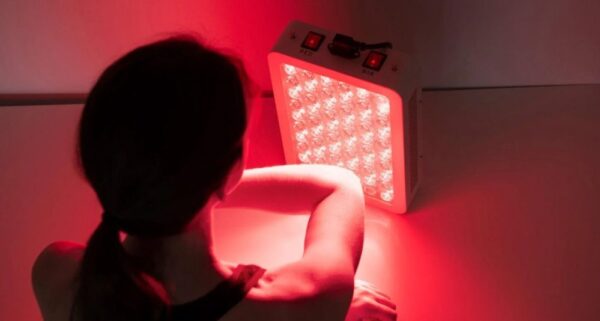Lifestyle
Is your laptop screen making you age? Find out here!

Working on laptops and mobile phones all day long can affect your health in more than one way.
To begin with, it strains the muscles of your hands, leads to dry eyes, causes neck pain and can also lead to weight gain.
Moreover, using gadgets continuously without taking a break can also affect your mental health, leading to mood swings and irritability.
Apart from all these side-effects, glaring the blue light all day long can damage your delicate skin. It can make you look older and tired.
In the article, we have tried to find out how dependence on digital technology can be harmful to your skin and what you can do to minimise the damage.
The problem with blue light emitted by laptops
The purported culprit that leads to your skin cells damage is the high-energy visible light (HEV) also known as the blue light emitted by electronic devices. HEV lights are the higher-frequency, shorter wavelengths of light in the violet-blue band in the visible spectrum. Blue light is also present in sun rays, light emitted by tube light, LEDs and all kinds of gadgets including TV screens, smartphones, tablets and computers. But the risk of skin cells damage from your laptop and the mobile screen is higher as they are close to your face as compared to others.
Earlier, people were concerned about ultraviolet light (UV), which is invisible as it was believed to cause skin cancer. Now several studies have revealed that the cool-toned blue light might be equally harmful to the skin and may lead to some irreparable damages.
How blue light affects your skin?
Earlier, it was thought that blue light can only cause sleeplessness and affects eyesight. Its impact on the skin has been lately discovered.
The ultraviolet light present in the sun rays damages the cell DNA directly, while blue light destroys collagen by causing oxidative stress. When the chemicals present in our skin absorb the blue light a reaction takes place that leads to the production of unstable oxygen molecules that damage the skin. They lead to small holes in the collagen making you look older.
Studies also suggest that blue light can also lead to hyperpigmentation (change skin colour). This problem is common in the case of people with medium to dark skin, while fair skin people remain relatively unaffected.
How to prevent skin damage?
The simplest way to reduce skin damage is by limiting the amount of blue light emitted from your devices. For laptop screens, you can buy a blue light screen that can limit the rays and damage caused by it. Swap LED bulbs for versions that emit less blue light. Limit your screen time and take frequent gaps when working on the laptop. Apply mineral sunscreens with iron oxides which are more effective against blue light










